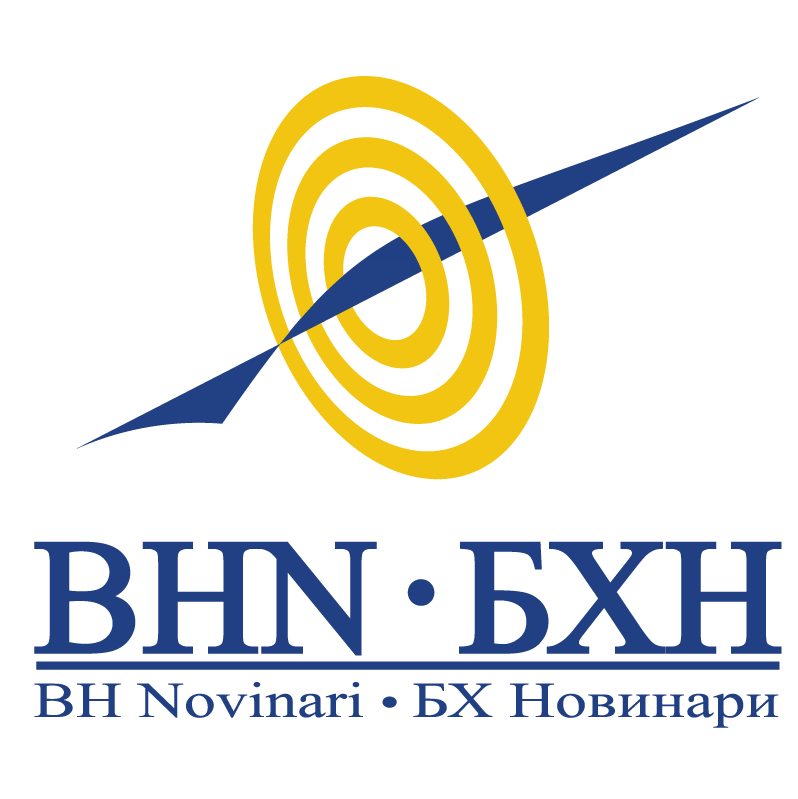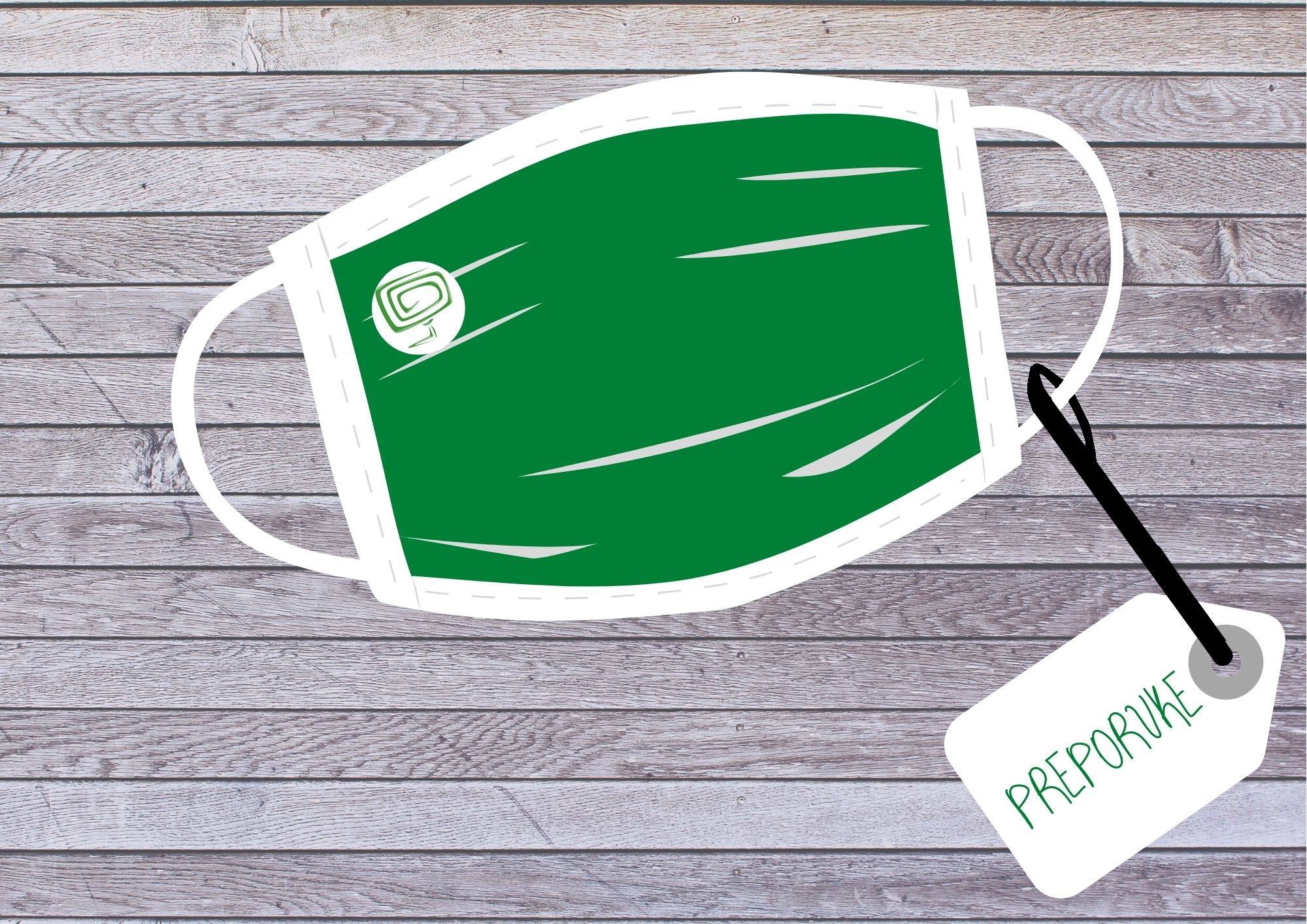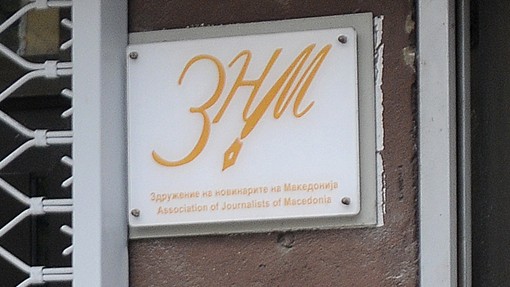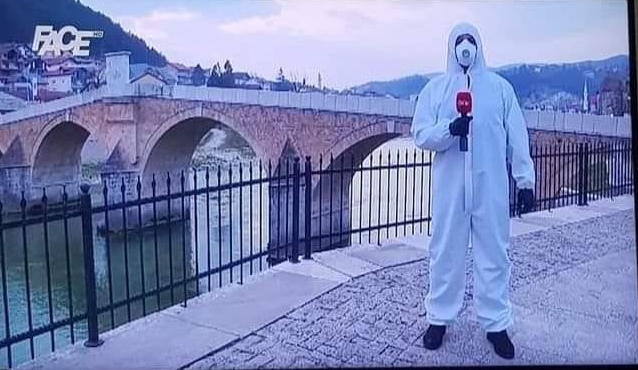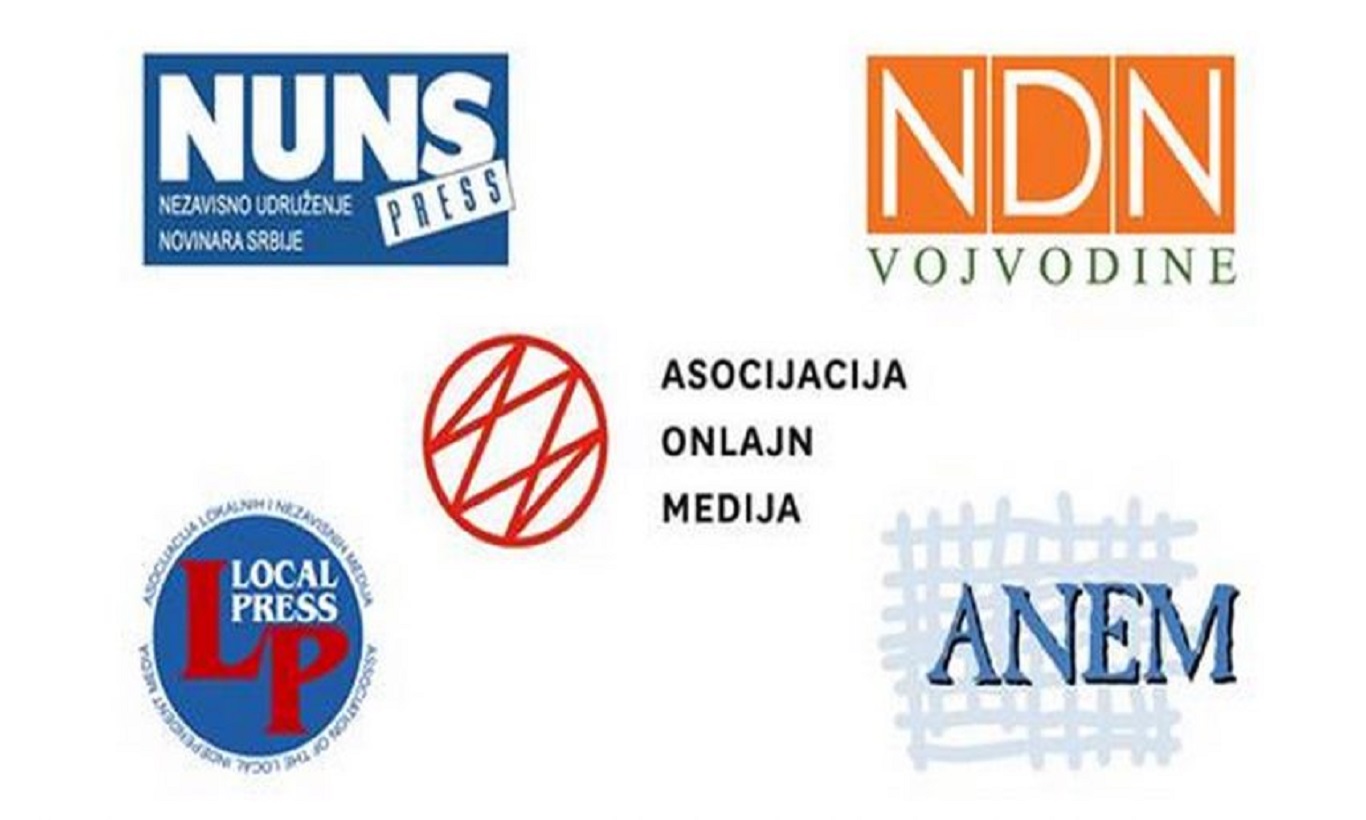Journalism in Kosovo, similar to other countries in the region and beyond, continues to have a major gender representation problem. This is confirmed with just a quick glance at the programs and reports in all forms of media. The vast majority of interviewees, whether they are sources or experts in the field, remain men.
Newsrooms neglect women’s experiences, and thus communicate images of the sexes that perpetuate unrealistic, stereotypical, and limiting perceptions. But the first interventions in relation to adequate gender representation seem to come more from female journalists themselves than from certain editorial policies.
For example, it was a female journalist, Brikenda Rexhepi, who marked a record of online viewership with the debut show “Desku” on KTV last week (March 25), while she became one of the few women to lead political shows in the country. On the other hand, last October, three journalists: Saranda Ramaj, Serbian Haxhiaj and Ardiana Thaçi won top awards for Investigative Journalism in the Western Balkans and Turkey. All three journalists have a long history of investigative journalism, putting women in authorship of investigative articles on organized crime, abuse of power and corruption, something that has traditionally been the domain of men.
Ardiana Thaçi, who works as a journalist at KTV has reported on a variety of issues, from war crimes, topics in the security sector to corruption affairs since the beginning of her career 15 years ago.
In recent years, in the field, she has seen that men are largely exposed to corruption. The gender inequality affects participation in decision-making, where the opportunity for corruption is greater. However, she says that “corruption has neither age nor gender.”
For her, the biggest dilemma regarding the use of gender-sensitive language is when women, as a result of nepotism, end up in cases of abuse of power. She says that in those cases, journalism must go beyond the mindset that defines women in their relationships with men.
“While reporting, I have often felt bad about stories about nepotism because many times I had to mention how the ‘wife of someone’ was hired. But, it was [an issue] of public interest, more than an [issue] of gender,” she says. “In such circumstances, one’s wife, sister, daughter can be labeled because the position they acquired is due to the position that they have within society and the family.”
The focus on abuse of power is also at the heart of her reporting, during the COVID – 19 pandemic. A week ago, she revealed that state flour reserves are being stored inside a warehouse owned by a Democratic Party of Kosovo (PDK) official, a decision taken by the past government.
Over recent years, she has worked with many sources enabled by social networks.
“The growth of social networks has had a huge impact on helping us create different sources within institutions, because before we couldn’t obtain information without directly meeting our sources,” she says. “But in terms of access to sources, I think people’s trust doesn’t have to do with gender, but with how your profession and how you do your work.”
Thaçi says that during her experience as a journalist, she hasn’t encountered obstacles inside or outside the newsroom, but she claims that various stories suggest that newsrooms in Kosovo are rife with stories of gender discrimination.
Serbeze Haxhiaj, a news editor at Radio Kosova, says that during her work as a journalist in various media in Kosovo, she and her colleagues were discriminated against by their employers.
“When it comes to delegating the hardest stuff, they don’t hesitate to do it, but not when it comes to valuation,” she says. “There is a kind of distrust for managerial or senior positions, a reluctance to include women.”
Haxhiaj links the composition of newsrooms to workplace gender discrimination, where senior positions are dominated by men. In fact, in Kosovo there is no study that breaks down the number of journalists, including senior positions according to gender. But, a simple calculation of the names of the owners and editors of majority media outlets, suggests that men are at the forefront of media and editorial policies.
Same as Thaçi, Haxhiaj has focused her journalistic career on topics that talk about the abuse of power by powerful men. She made her first stories about the parallel education system in 1998, during the war, and for over two decades it is precisely the legacy of war that characterizes a good portion of her coverage.
Since the protagonists of her investigative stories often are former-soldiers turned into politicians, or in relation to political parties emerging from war, blackmail and threats have accompanied Haxhiaj over many years. “You are a Russian doll,” or “Your head is in Serbia,” are some of the messages she has often received in her direction.
She had also publicly said how her trust in the police and prosecutors had been shattered years earlier, when, in the case of a threat that she had reported to the police, one of the police investigators changed the factual situation during the investigation process. She had to go through two court proceedings to win the case.
In one case, Haxhiaj was threatened for life while investigating abuses of war veterans. In another case, two years ago, after writing about the post-war killings, her car was painted twice with a red color by unknown persons. Although she received the support of national and international organizations, such as the Association of Journalists of Kosovo (AGK), Reporters Without Borders, and other colleagues, RTK (the employer) has never condemned cases of threats to her. The latter has been repeatedly criticized for political inclinations towards PDK, the longest-running party in the government since the post-independence period.
So far, there is no publication in Kosovo that explores gender differences in the nature of threats to journalists.
While, inside and outside the newsrooms, the discussion about the frequent confrontation of female journalists with sexism in their work is completely absent. Similarly sexual harassment by male journalists and editors continue to be hidden topics within the media walls. The fear of losing the job can be one of the reasons, Haxhiaj explains.
Different research and studies around the world show that harassment on social platforms, ranging from unsolicited sexual messages to threats of violence are increasingly worrisome for female journalists today. In Kosovo, no study has been conducted with female journalists to look at the scale of online harassment, but stories outside the virtual world point to journalists facing harassment in the field.
Haxhiaj says that she experienced sexual harassment from powerful men, especially those in politics. For her, the saddest experience happened a few years ago, inside the Assembly of Kosovo, where she claims a deputy had attempted to sexually assault her.
“There is a high culture of impunity, especially when it comes to sexual harassment. Then you think about all the complexity of this and just don’t report it,” she says. “Especially, when once a politician was sending me messages, there was no Smartphone and Screenshots available at that time.”
Shqipe Gjocaj is another journalist whose security on the ground has been violated. During her research in different places ranging from the women’s prison to the hospital in Peja, she has often faced sexist vocabulary and harassment.
“You notice some kind of threatening environment,” she says. “They have internalized the sexist approach to sexually harass. They do not recognize sexual harassment either as unprofessional or inappropriate behavior, let alone as a criminal offense recognized through the Criminal Code. On the contrary, what they say is a compliment according to them.”
In fact, Gjocaj is known for unveiling institutional sexism and misogyny, either through analysis and opinions, or through research. Working as a freelance journalist for several years, she published researched stories on topics that have not previously come to public discussion, such as maternal deaths and marital rape.
As a women’s rights advocate and regular reader, the use of feminist literature is inevitable for her, as a trigger to do underreported stories that highlight women’s rights abuses.
“For example, ‘marital rape’ is not a topic explored in the journalistic genre, nor women’s rights NGOs didn’t work or advocate for this form of violence coming from an intimate partner,” she says. “While researching this topic as a journalist, I had the opportunity to speak with institutional persons, gender experts, and activists to highlight how this problem, about which I read in many feminist academic books, manifests itself in Kosovo.”
Gjocaj belongs to the group of journalists who oppose the traditional way of reporting on the principle of impartiality and neutrality. According to her, activism for a cause, such as human rights, and journalism, must go hand in hand.
“In addition to pleasure that process of writing gives me on a personal level, it is also a very important part of my feminist activism. I don’t limit myself to just giving opinions, but there are topics that I want to investigate, too,” she says. “Recently I have started talking about my work on television, which I have never preferred before. I find it now necessary because some very big problems, some very sensitive topics, some aspects of the violation of women’s rights, are being closed within a certain audience of readers.”
The work and confrontations of Thaçi, Haxhiaj and Gjocaj show that recent years mark a new phase of journalism in Kosovo, rewritten by female journalists themselves. It also reveals the urgent need for the media and the community of journalists to make the fight against gender discrimination a day-to-day issue inside and outside the newsrooms, in order to protect the integrity and security of female journalists.
Dafina Halili
Gazetare – Kosova 2.0


